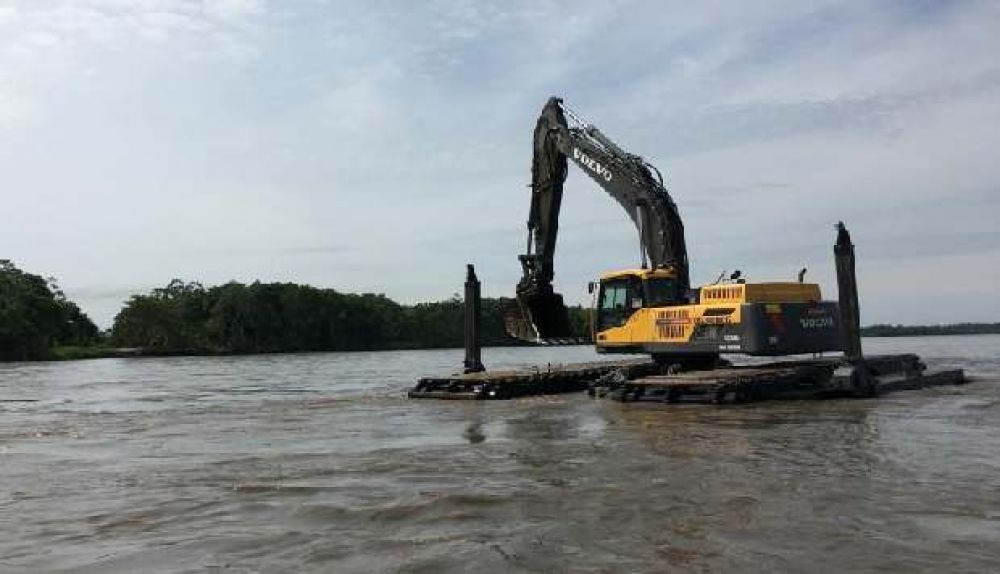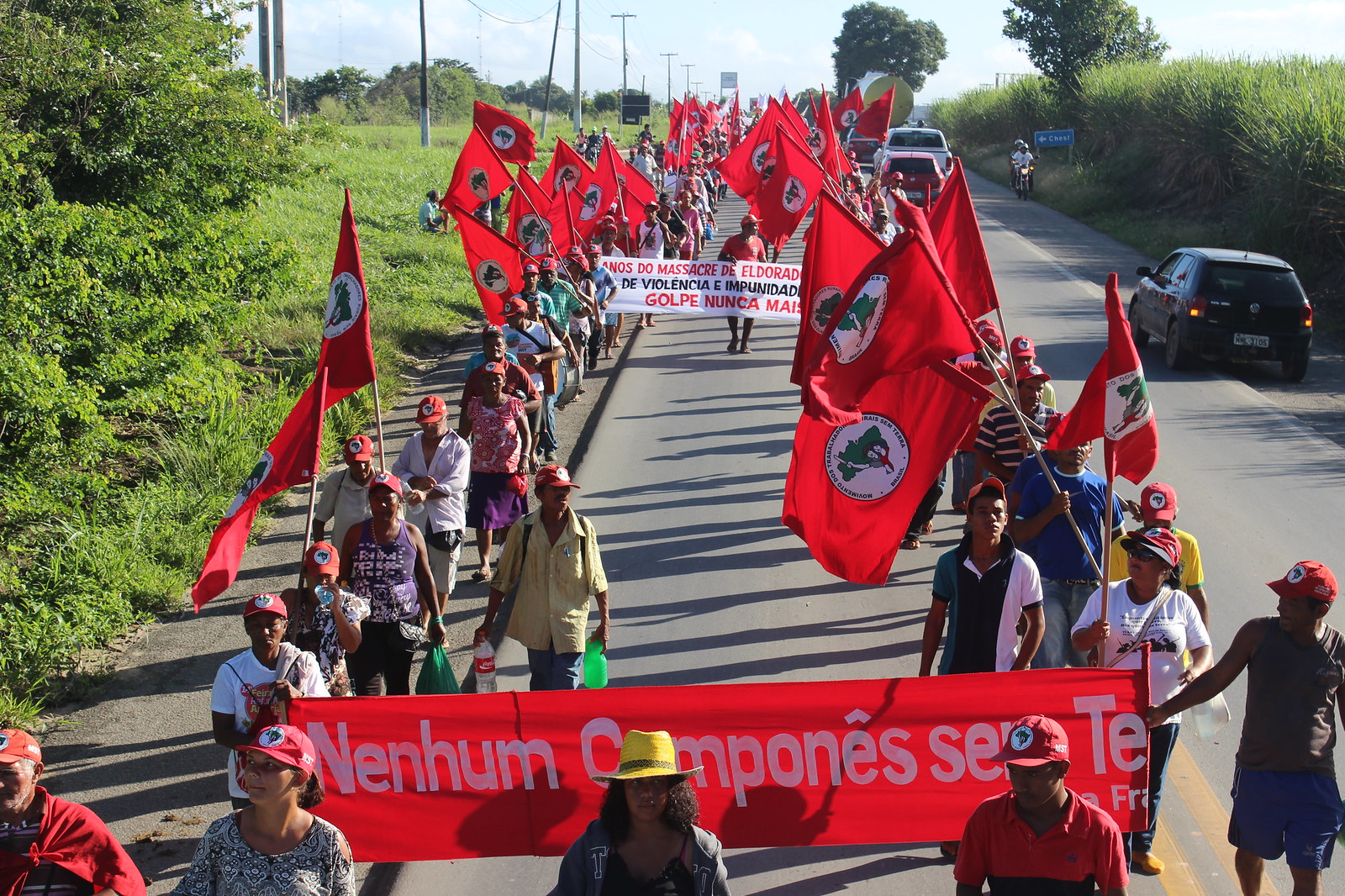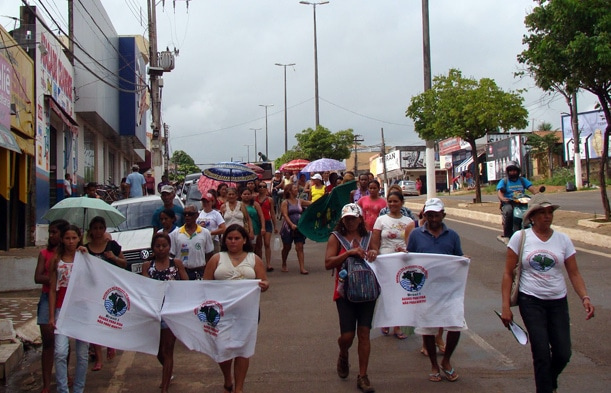
‘Silk Road’ to Peruvian Amazon?
Peru is to sign a memorandum of understanding to join China’s Belt & Road international infrastructure initiative, Beijing’s ambassador to Lima said. The announcement coincided with a Beijing summit to promote the initiative, also known as the New Silk Road, where Peru’s trade minister stated that a revision of Lima’s Free Trade Agreement with China will be implemented next year. These announcements come amid growing environmentalist concern over the Hidrovía Amazónica, a Chinese-backed mega-project aimed at further opening Peru’s eastern rainforests to resource exploitation. (Photo: Segundo Enfoque)




